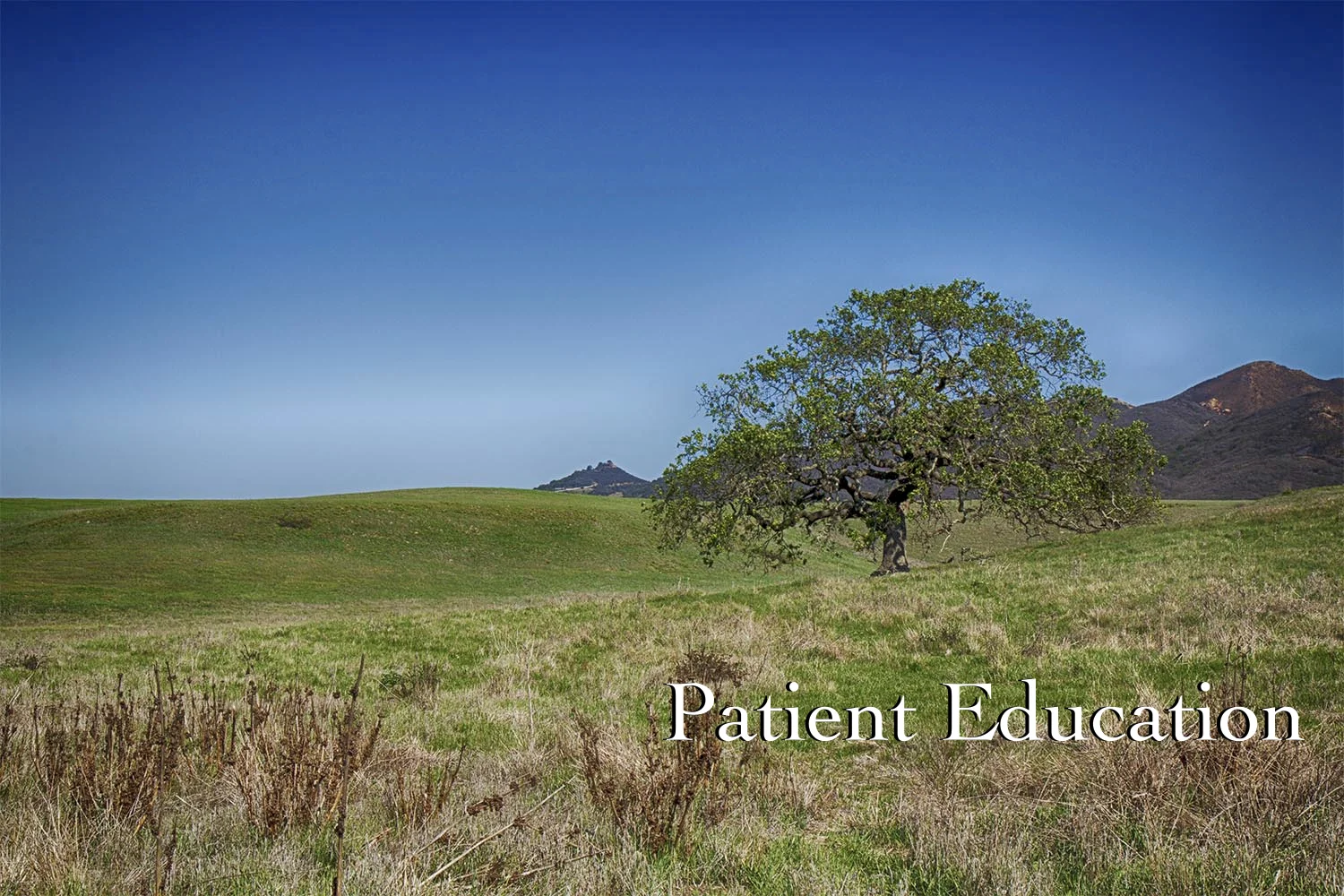Wisdom tooth extraction is the most common oral surgery procedure performed on high school and college aged patients. Depending on how the teeth grow in, they can be painful, irritating or harmful to the adjacent teeth. Read on to learn about wisdom teeth and what to expect at your extraction appointment!
Wisdom teeth (or "third molars" in technical terms) are the last molars on the upper and lower arches of teeth, typically coming in between the ages of 17 and 20. They are the most common congenitally missing teeth, with 10-45% of the population missing at least one. When they erupt, wisdom teeth often grow in at angles that limit their usefulness in the mouth. In fact, they can increase the risk of decay and bone loss around adjacent teeth, depending on their position.
Most dentists will recommend extraction of wisdom teeth if there is any sign of positioning problems or pain. Even if the teeth are "questionable," extraction is usually recommended if the patient is young and healthy. If you choose to wait until the teeth become infected or painful, there could be more complications with the procedure or recovery. In many cases, wisdom teeth will be impacted, or stuck beneath the gums and/or bone. Because of this, and because they are positioned so far in the back of the mouth, wisdom teeth are usually removed by an Oral Surgeon. Surgeons have the skills and instruments to remove more complicated teeth more quickly and with less trauma to the surrounding tissue.
When you have you wisdom teeth removed, you will likely be given the option of being sedated for the procedure. No matter what type of sedation or anesthesia the surgeon uses, you will need to have someone drive you to and from your appointment. Additionally, plan on missing work/school for the rest of that day and the following day for recovery (at a bare minimum). Your cheeks can be swollen for the first week after the procedure. Pain usually peaks at about two days after and begins feeling completely normal in about a week. As with any tooth extraction, keeping the socket clean and healthy for the first two weeks is crucial. No smoking, sucking on straws or spitting with force!
We refer all wisdom tooth extractions to our network of trusted oral surgeons. If you would like to discuss your referral or better understand the extraction process, feel free to give our office a call. We are always here to alleviate any dental concerns or fears!







